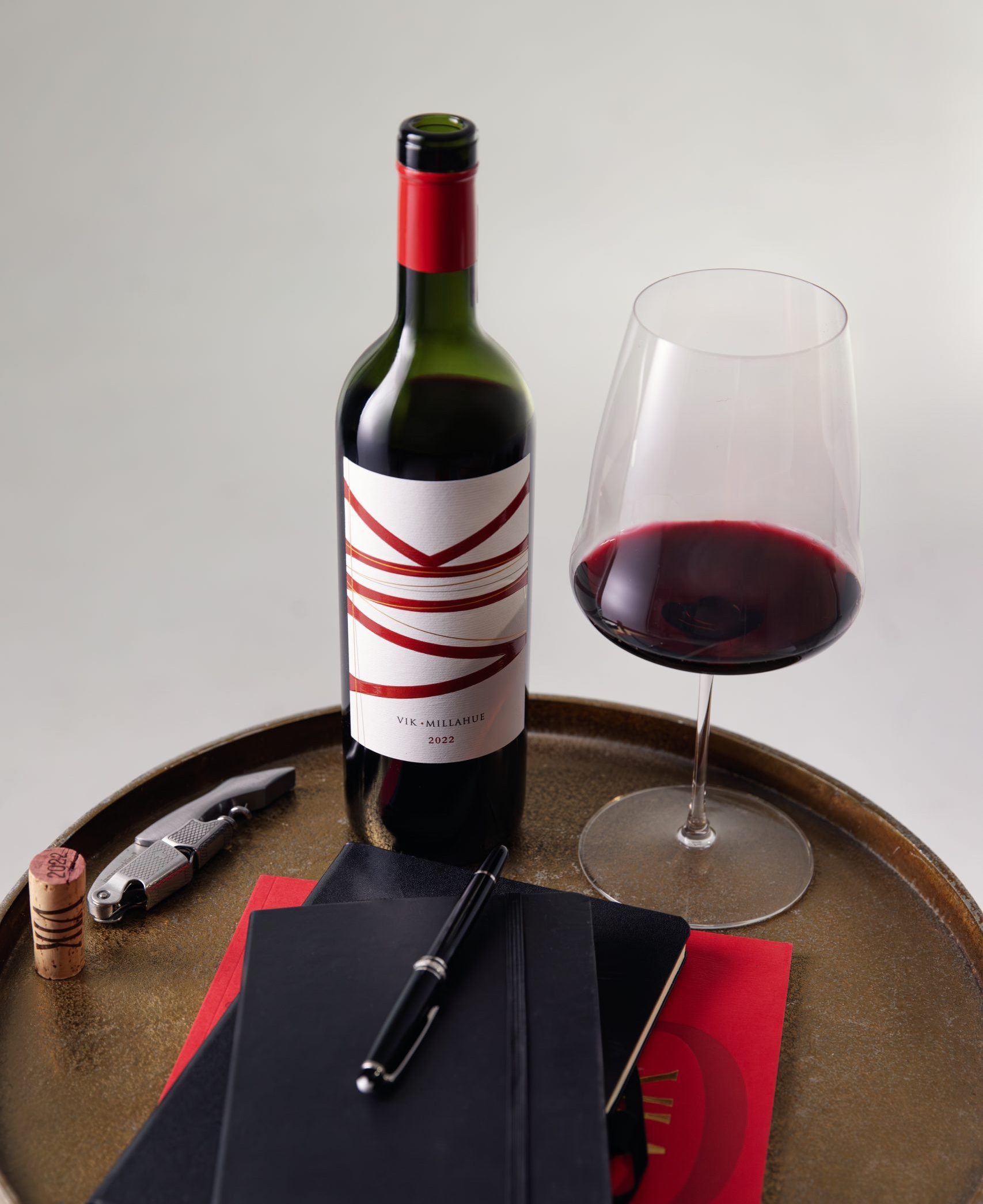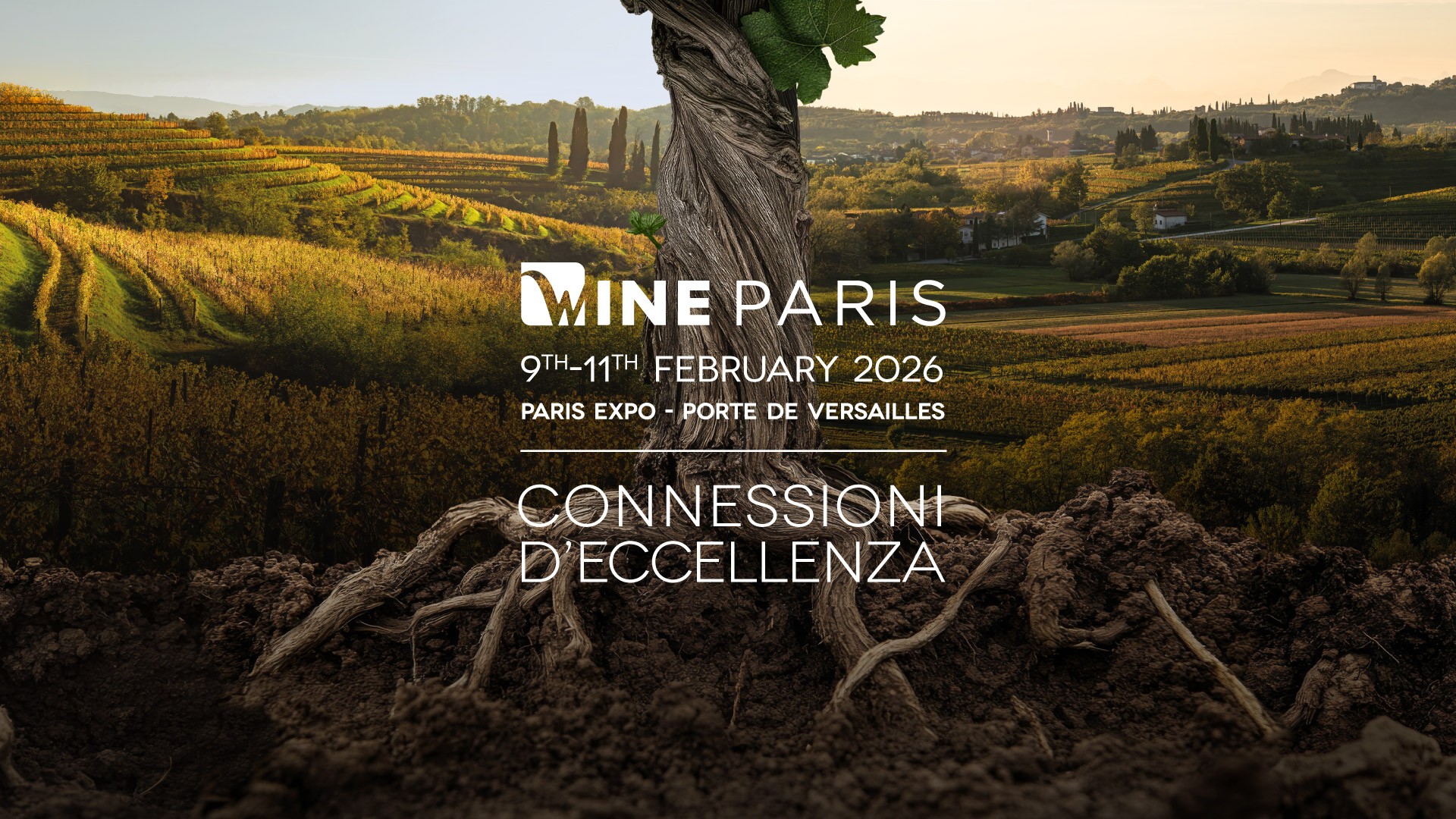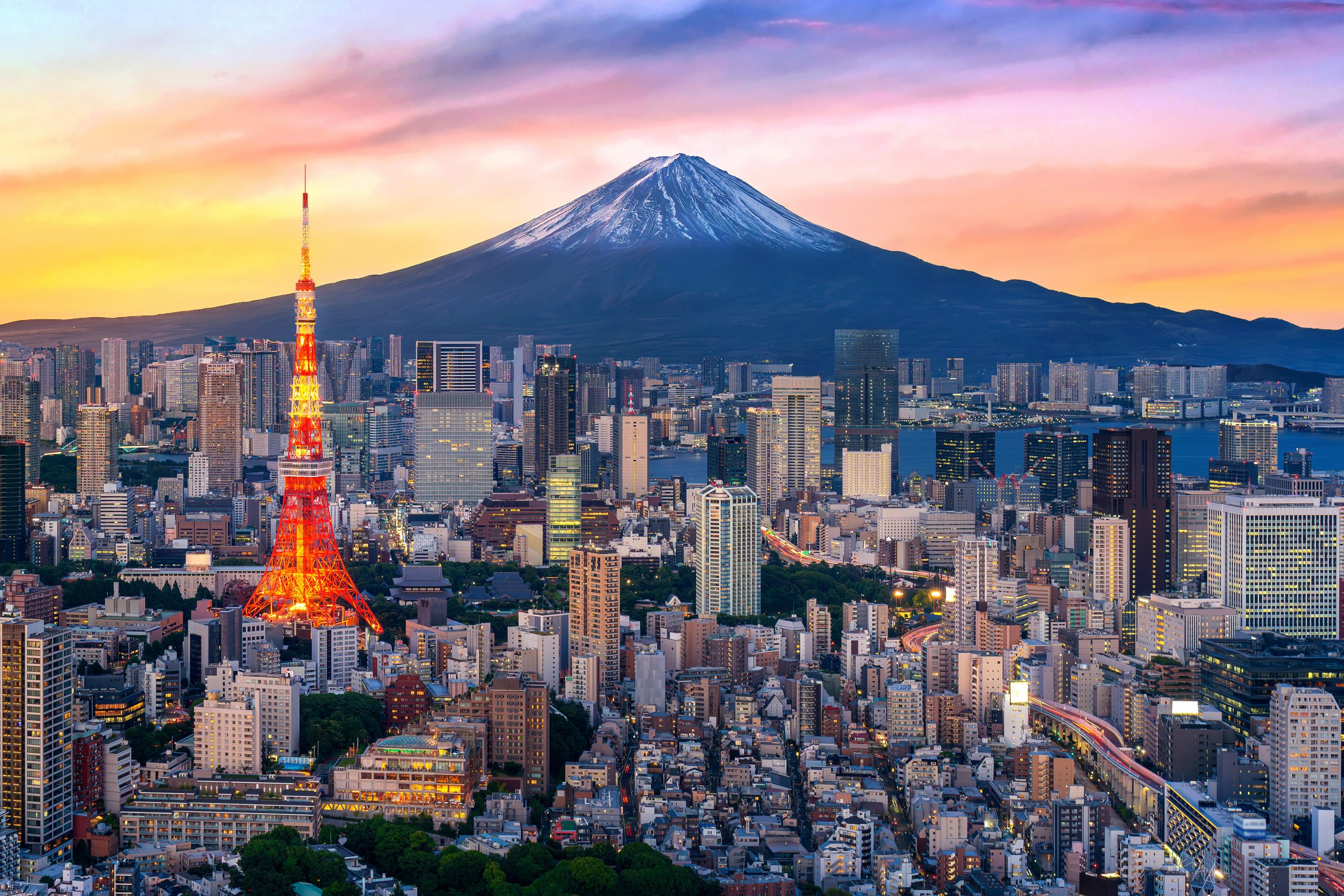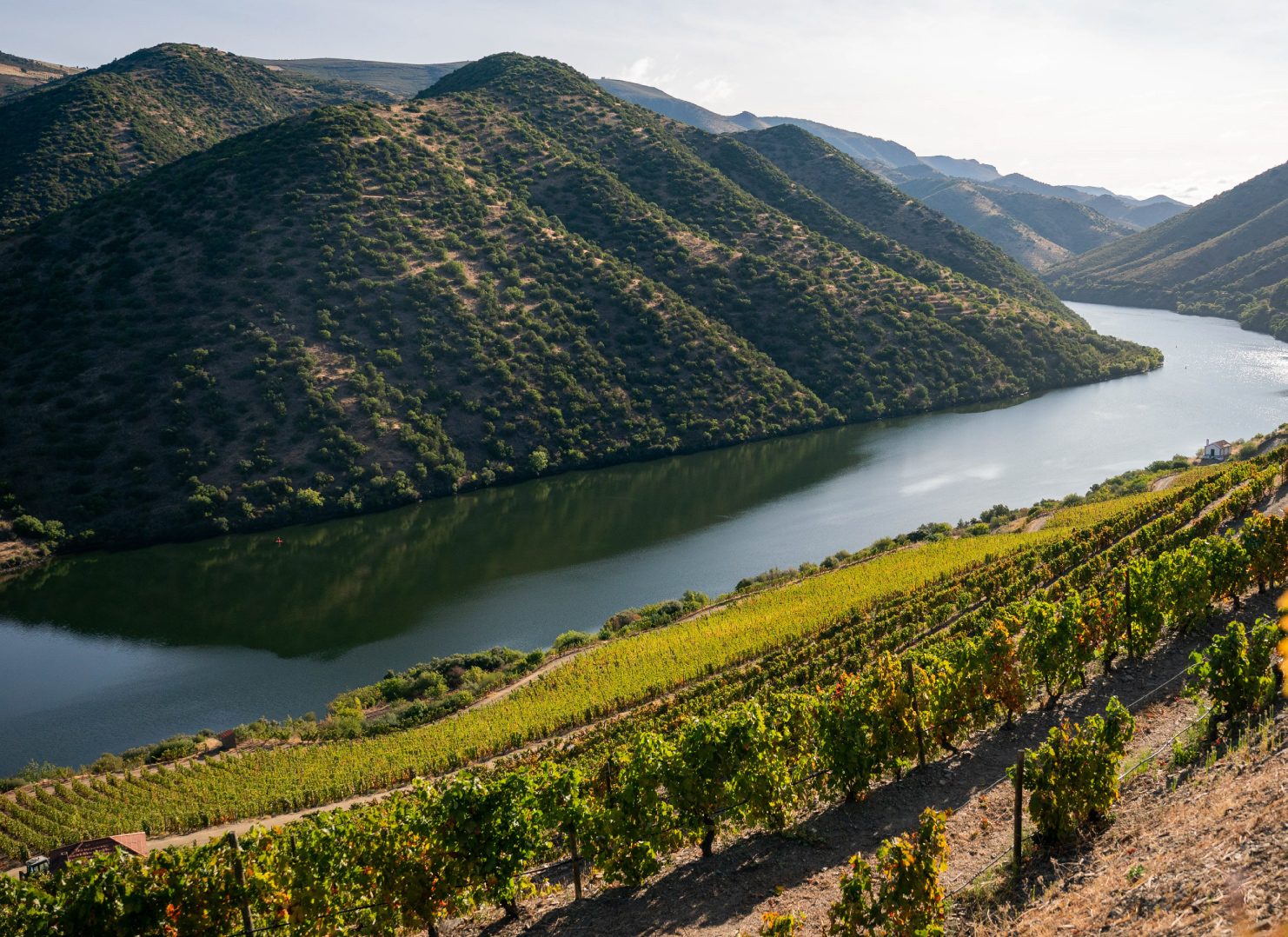London restaurants using ‘Michelin-starred’ compost to grow produce
A farmer has launched a novel start up that invites top London restaurants to donate their food waste in order to make “Michelin-starred” compost that can be used to cultivate a patch of land from which to grow their own produce.
Igor Vaintraub, who studied with the British Society of Soil Science, founded Indie Ecology in 2011 in an effort to make the industry more eco-friendly, using a natural and pesticide-free processe to produce the high-end compost.
Today Vaintraub collects food waste in 120-litre sealed bins from more than 80 top restaurants in the capital, including Michelin-starred The Ledbury, Michel Roux’s La Gavroche, and Robin Gill’s The Dairy and Sorella.
He uses natural and pesticide-free processes, based on the Japanese “Bokashi” method using fermented molasses, to turn venues’ high-end leftovers – including meat, fish and dairy – into compost on a 10-acre farm in West Sussex, where he rents plots to chefs who tell him what hand-picked vegetables they want grown.
One of the company’s most notable customers is former Masterchef finalist and The Frog restaurateur Adam Handling.
“Our daily collections of waste from kitchens are turned into compost on our West Sussex farm, where it’s ploughed back into the soil to grow fresh produce for the kitchens it came from. We provide the land, the farmers and logistics: the chefs decide what they want, and how much they need,” explains Vaintraub.
Partner Content
“Chefs are able to manage exactly what is grown with an attention to detail that both informs and is reflected in intricately creative and remarkably tasty menus across London’s top restaurants. Our fundamental goal is to reduce and food waste.”
London’s restaurant industry throws away millions of tonnes of food every year, much of its avoidable. By reducing and reusing this waste, Vaintraub is able to help restaurants reduce CO2 emissions “through better land management and composting waste to work it back into the land, while following the best organic practices”.
“Indie Ecology also works hard to ‘rescue’ farmland, encourage biodiversity, and promote more sustainable growing,” he adds. “We are committed to feeding people in a way that is positive for businesses, communities and the environment – both today and in the future.”




